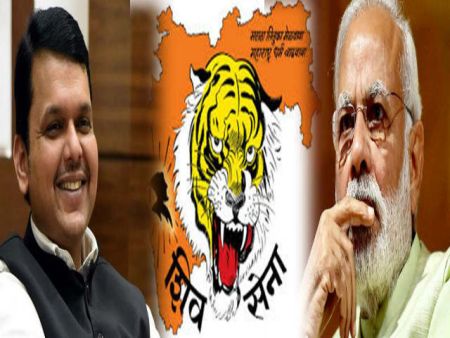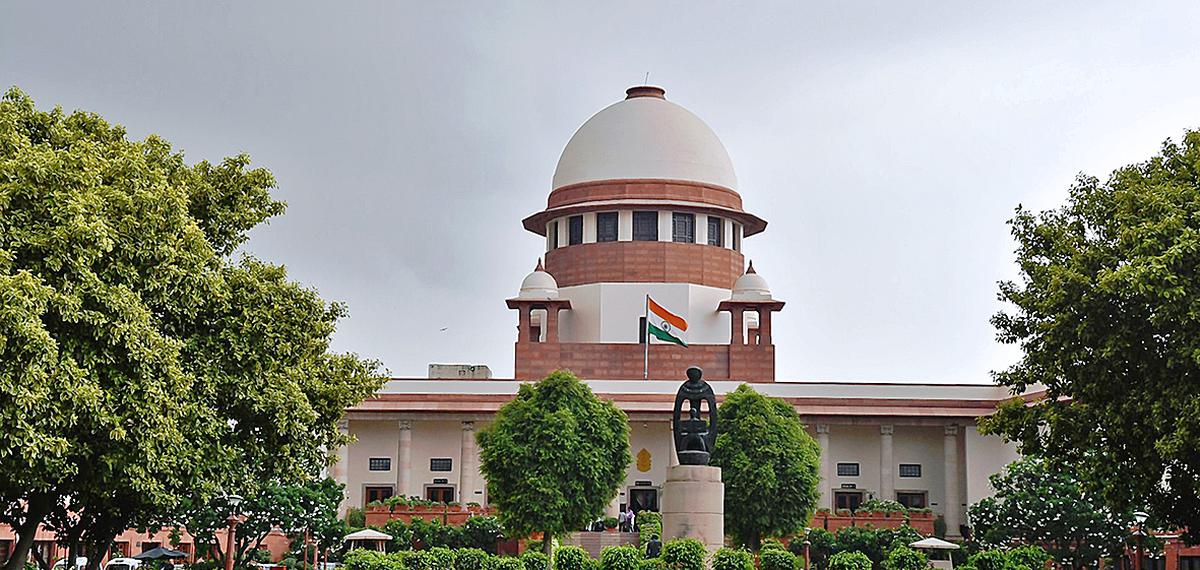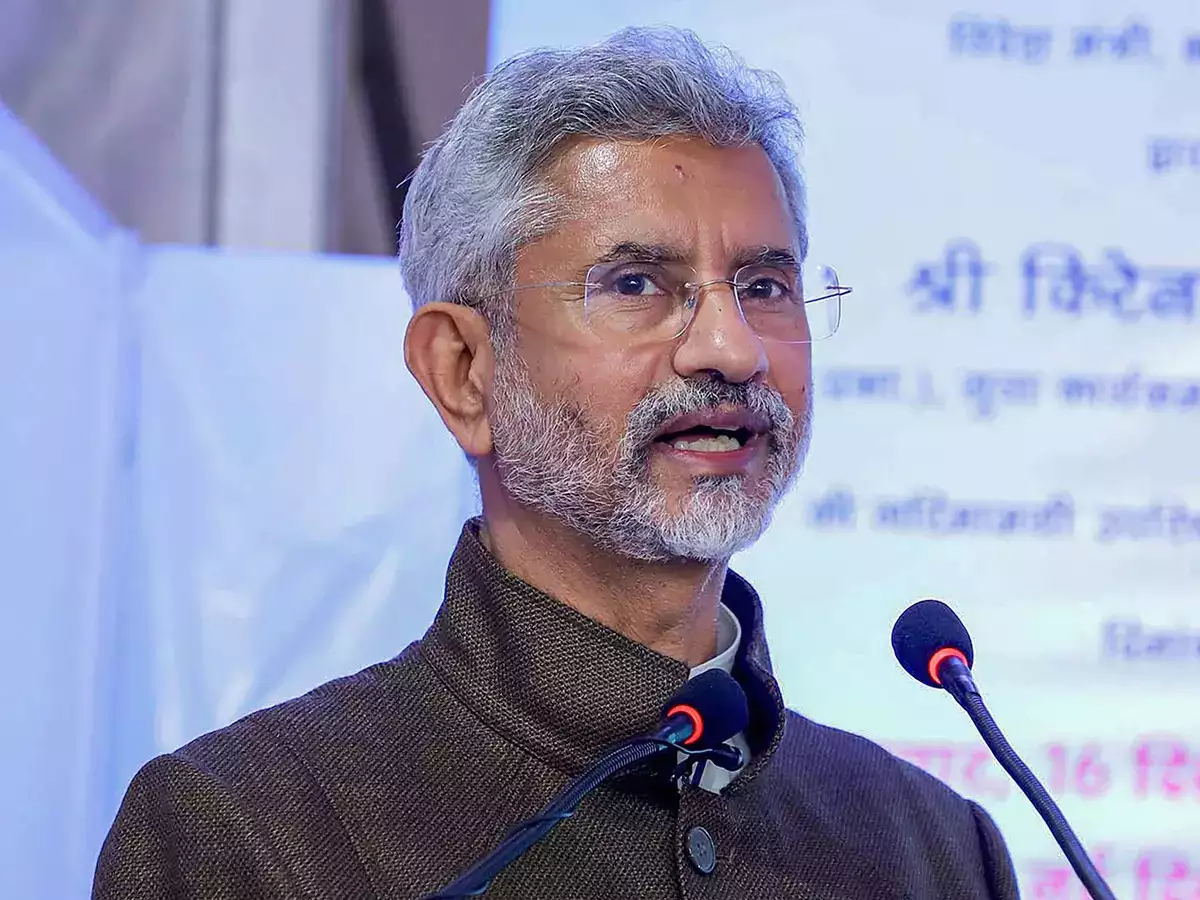Mumbai, Jun 29 : Slamming the central and the Maharashtra governments over the Nanar refinery project, the Shiv Sena today dubbed Prime Minister Narendra Modi and Chief Minister Devendra Fadnavis dictators and claimed that the noise made by them against the Emergency was a farce.
In an editorial in party mouthpiece ‘Saamana’, the Sena also said that laying a brick for the USD 44 billion mega refinery project at Nanar in Ratnagiri district of Maharashtra would be akin to laying the foundation stone for a cancer hospital there.
“Due to this poisonous project, people will suffer from cancer, tuberculosis and other chest-related ailments. If this project is being thrust upon people despite their objection, it is akin to Emergency,” it alleged.
“PM Modi should shut down the Environment Ministry at the Centre as well as those at the state level. While nature lovers are doing their best for the environment, the Centre is coming up with poisonous projects that will destroy it,” the editorial alleged.
It added that the Nanar refinery project would harm the area’s ecosystem and destroy farm produce there.
“Modi-Fadnavis are engaging in dictatorship. If they want to be dictators, the noise made by them against the Emergency, which happened 43 years ago, was a farce,” it alleged.
Hitting out further, the Saamana editorial alleged, “Like Hitler killed lakhs of Jews and caused mayhem, this Nanar project is a conspiracy to kill people in their homes and destroy their lands by trapping them in a gas chamber.”
It said that Fadnavis had made a commitment that the project would not be thrust on the people of the area and people from the panchayats there had already submitted their opposition to the Maharashtra CM.
“If the will of the majority is not respected in a democracy, it is considered a dictatorship,” it said.
“Petroleum minister Dharmendra Pradhan, sitting in Delhi, signs pacts and then comes to Mumbai expecting support. This is betrayal,” it added.
Speaking about the reported threat to the life of Modi, the Sena said while strict guidelines were imposed on those wishing to visit him, the people of Nanar were being treated like insects.
“In a democracy, it is fine if people die, however, the king should live. Our soldiers and farmers are dying. The slogan of ‘Jai Jawan, Jai Kisan’ is dying,” the Sena claimed.
It asked if the Army would be deployed to quell protests against the project and further claimed, envisaging a hypothetical situation, that the protesters would outnumber the bullets that would be showered on them.
Instead of threatening to take the project out of Maharashtra, the Sena said it should be shifted to Vidarbha as suggested by people’s representatives.
The editorial added that it was wrong to assume that the project would succeed only if it was built close to the seashore.
People in the Konkan region do not need jobs since farming was their source of livelihood, the Saamana article noted.
“Also, tourism is a big business. How does the government intend to create jobs by sending all of these to the grave,” it asked.
“Laying a brick for this project is like laying the foundation of a cancer hospital. People in Konkan are happy. Do not mix poison in their happiness. Thrusting this project upon people is like forcing Emergency,” the Sena said.
Saudi Aramco and ADNOC signed an MoU on June 25 to jointly develop and build an integrated refinery and petrochemicals complex at Ratnagiri in Maharashtra. The project will be implemented by Ratnagiri Refinery and Petrochemicals Ltd. (RRPCL).
RRPCL is promoted by a consortium of Indian PSUs consisting of IOCL, BPCL and HPCL and will have Saudi Aramco and ADNOC as overseas strategic partners.
The mega refinery will be capable of processing 60 million metric tonnes of crude oil per annum and will also provide feedstock for the integrated petrochemicals complex, which will have the capacity of producing 18 million tonnes per annum of petrochemical products.




